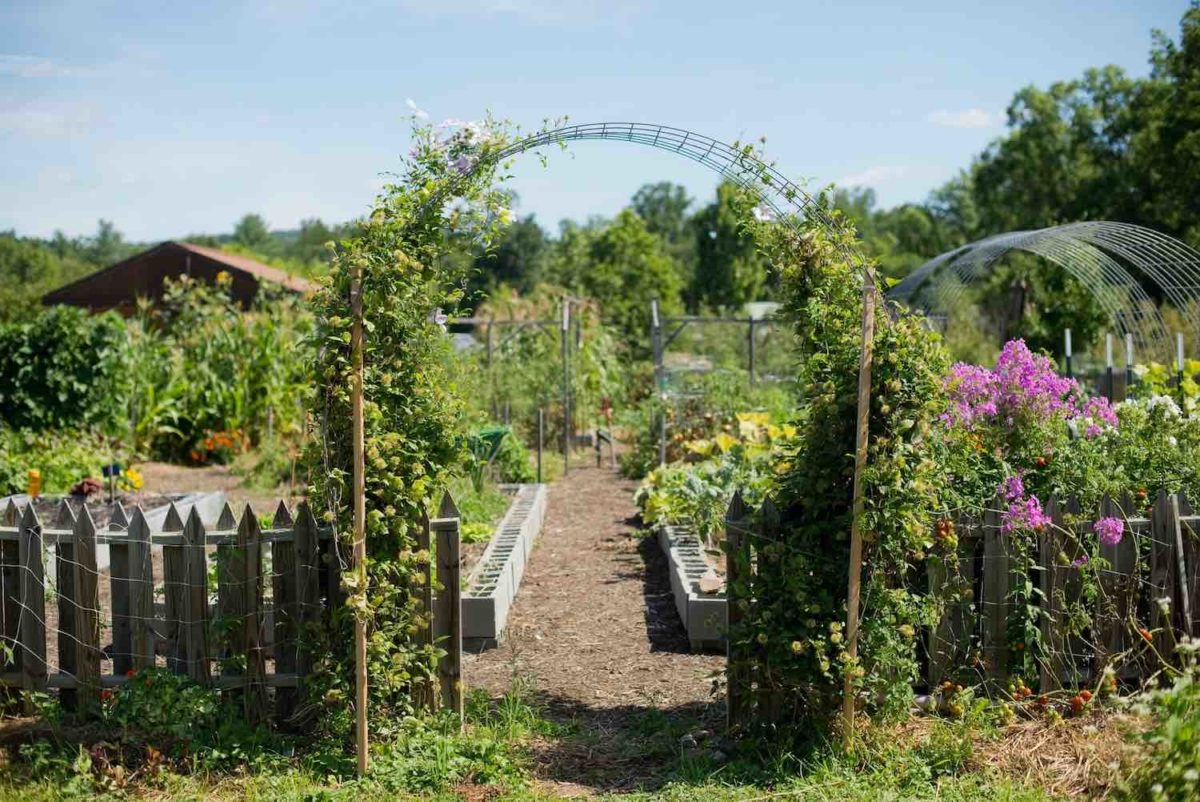Managing pests on a 15-acre homestead can be a daunting task, but with the right strategies, it becomes a manageable and even rewarding part of homesteading. Whether you’re a seasoned farmer or just starting out, understanding the dynamics of pest control is crucial for maintaining a thriving ecosystem on your land.

Understanding the Importance of Pest Control
Pests can wreak havoc on your crops and livestock, leading to significant losses. Implementing effective pest control strategies not only protects your investment but also ensures a healthy environment for your plants and animals.
Common Pests Found on a 15 Acre Homestead
Identifying the pests you’re dealing with is the first step. Common pests include insects like aphids and beetles, as well as larger animals such as deer and rodents. Recognizing these pests early can help you take swift action.
Natural Pest Control Methods
Embracing natural pest control methods can be both eco-friendly and effective. Consider using companion planting, which involves growing certain plants together to repel pests. For instance, marigolds are known to deter nematodes and other insects.
Creating a Balanced Ecosystem
A balanced ecosystem naturally controls pest populations. Encourage biodiversity by planting a variety of crops and maintaining natural habitats for beneficial insects and birds. This approach reduces the need for chemical interventions.
Implementing Physical Barriers
Physical barriers such as fences and nets can prevent larger pests like deer and birds from accessing your crops. Ensure these barriers are well-maintained and positioned correctly for maximum effectiveness.
Using Organic Pesticides
When necessary, opt for organic pesticides that are safe for the environment. Products containing neem oil or diatomaceous earth can be effective against a range of pests without harming beneficial insects.
Regular Monitoring and Maintenance
Consistent monitoring of your homestead is key. Regularly check for signs of pest activity and take prompt action to address any issues. This proactive approach can prevent minor problems from becoming major infestations.
Integrating Livestock for Pest Control
Some livestock, such as chickens and ducks, can help control pest populations by feeding on insects. Integrated livestock management not only aids in pest control but also contributes to soil fertility and overall farm health.
Educational Resources and Community Support
Stay informed about the latest pest control techniques by attending workshops and engaging with the homesteading community. Online resources and forums can also provide valuable insights and support.
Financial Considerations
Effective pest control can save you money in the long run by minimizing crop losses and reducing the need for expensive chemical treatments. Consider the cost of materials and time when planning your pest control strategy.
Environmental Impact
Being mindful of the environmental impact of your pest control methods is essential. Prioritize sustainable practices that promote the health of your land and contribute to the broader ecological balance.
Conclusion
Implementing the right pest control tips on your 15-acre homestead is vital for maintaining a healthy and productive farm. By balancing natural and physical methods, monitoring regularly, and integrating community knowledge, you can effectively manage pests and enjoy the fruits of your labor.

FAQs
Q: What are the best plants for natural pest control?
A: Marigolds, basil, and garlic are excellent choices for repelling various pests.
Q: How often should I check for pests on my homestead?
A: Regular weekly checks are recommended to catch any issues early.
Q: Can livestock really help with pest control?
A: Yes, animals like chickens and ducks can help reduce insect populations effectively.
For more detailed strategies on maintaining your homestead, you can check out additional resources on Winter Prep and Income Diversification. Additionally, external guidance from established homesteading experts can provide further insights.






